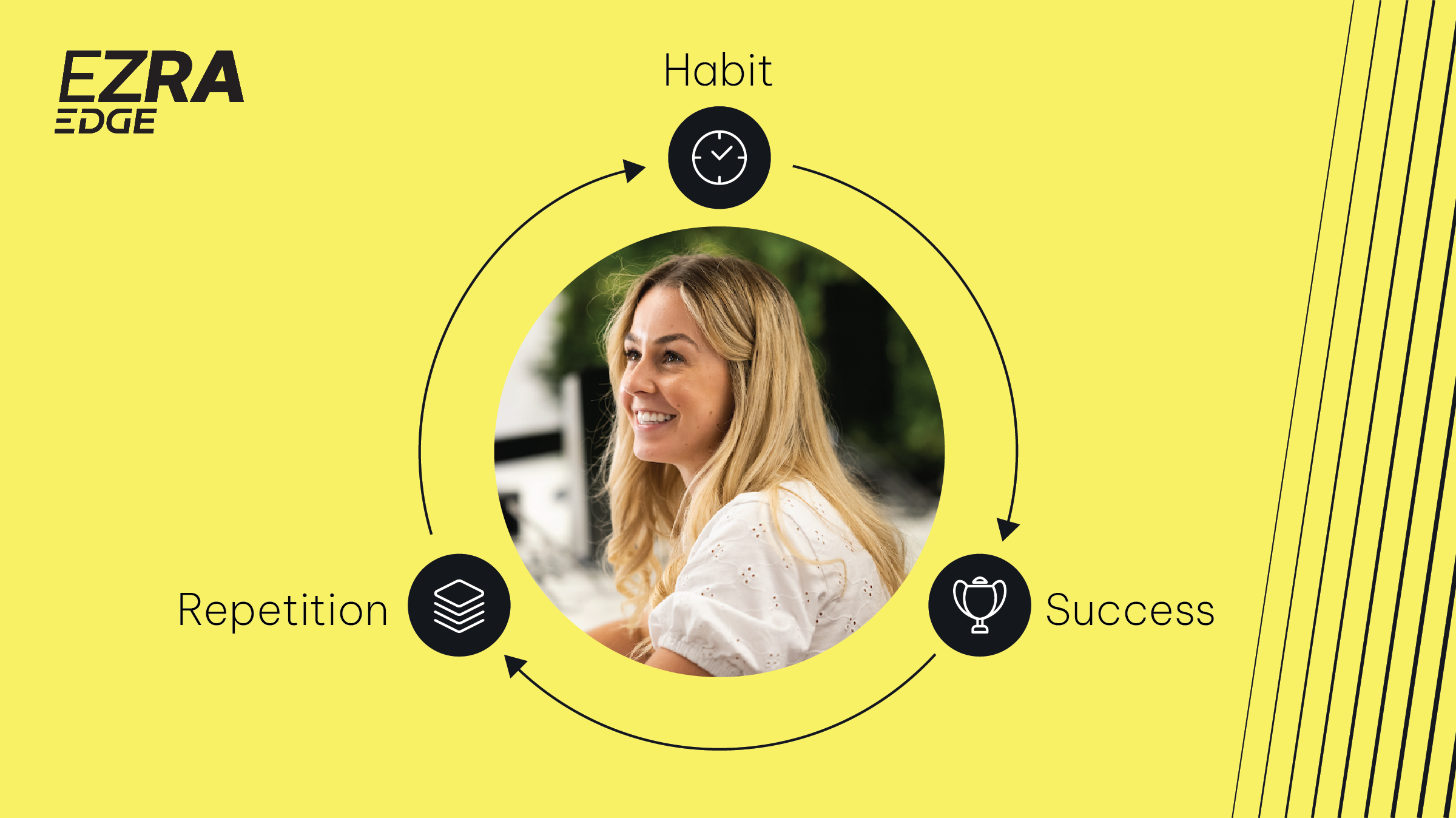Why are you not putting what you’ve learned into action?

Why are you not putting what you’ve learned into action?
The behavioral science of making positive change: Why we fall short of our best intentions and what we can do about it
We’ve all been there… you’ve had a great development experience - a workshop, coaching session, or productive one-to-one with your manager. You feel motivated and excited to put your new learnings into practice. But then, a few days or weeks pass by and old habits creep in, or you fail to apply what you’ve learned.
How can we overcome these challenges using behavioral science to make positive change, create sustainable practices, and put learning into action?
The 70/20/10 learning model has been around for almost half a century, yet we tend to neglect that vital 70% - the learning that happens back 'on the job', outside of the classroom or formal learning opportunities.
The research tells us that there are two main challenges with sustaining learning outside the classroom:
We forget:
Over 100 years ago, a psychologist called Ebbinghaus discovered the “Forgetting Curve” – and yet we still forget to do something about it. We learn, we forget, and carry on.
Our intentions fail:
There’s often a discrepancy between what we plan to do, and what we actually do – called the “Intention-Action Gap”.
How can we overcome these challenges, and sustain learning over time? The answer also lies in principles from behavioral science...
Repetition, repetition…
Create space, even just five minutes, to think back to what you learnt, and what you want to do about it. Psychologists call this technique ‘Spaced Repetition’. Even though our memory fades quickly due to the Forgetting Curve, reviewing and reflecting soon after helps to encode new behaviors in our brain.
Make it a habit:
Create plans that actually lead to action. One proven way to do this is through “Implementation intentions” – describing when and where you will do a specific behaviour, which usually follows the format ‘"If X happens, then I will do Y”. E.g. “If I receive constructive feedback, I will pause, reflect on what they are saying and ask any clarifying points”.
Celebrate progress:
The progress principle tells us that we are most motivated when we are making daily progress towards our goals. Tracking and celebrating our progress is key to maintaining it over time.
We understand the power of coaching to create positive and sustainable behavior change. But we also recognize that change requires more than just the coaching session itself. Thats why, based on our experience of coaching tens of thousands of individuals, we've been able to identify the most important touchpoints where people tend to falter.
Our EZRA EDGE programs contain a new suite of interactions and product features to get participants practicing, building habits and celebrating progress – helping them to get or stay on track and sustain their growth. From action-orientated touchpoints where we check in and offer guidance, to AI-powered always-on support... the learning doesn’t stop once their coaching is over.
Click here to learn more about our latest product developments with EZRA Edge.